We all want to do our part to help the environment, but we want to look good doing it! And kids are no exception; from the tiniest tykes to the coolest preteen, children have an opinion and a style all their own. So it’s extra exciting when we can find ways to reduce our impact, help out those in need, and keep our favorite little people happy!
To that end, I’m sharing four of my top picks for eco-friendly, ethically-sourced children’s clothes companies that have an aquatic theme. If you have other favorites, feel free to share them in the comments section.
Toby Tiger
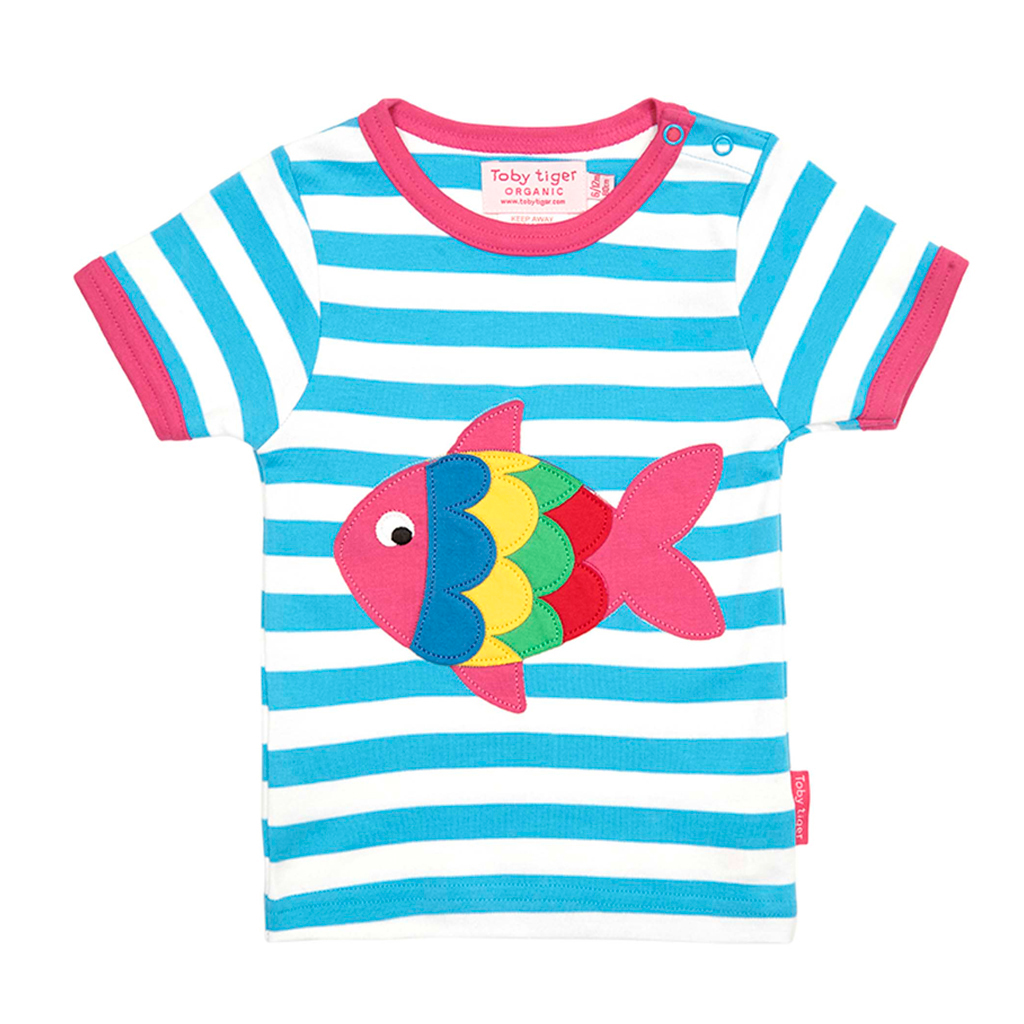
fish t-shirt, available in sizes 6 months-6 years
Australia-based Toby Tiger‘s clothes are 100% organic and GOTS certified. The Global Organic Textile Standard (GOTS) is the worldwide leading textile processing standard for organic fibers, backed up by independent certification of the entire textile supply chain. To become GOTS certified, a company must meet a long list of criteria, starting with standards in fiber production, and encompassing environmental criteria, Technical Quality and Human Toxicity Criteria, and social criteria. To learn more about the standard, follow the link, HERE.
Eternal Creation Fair Trade
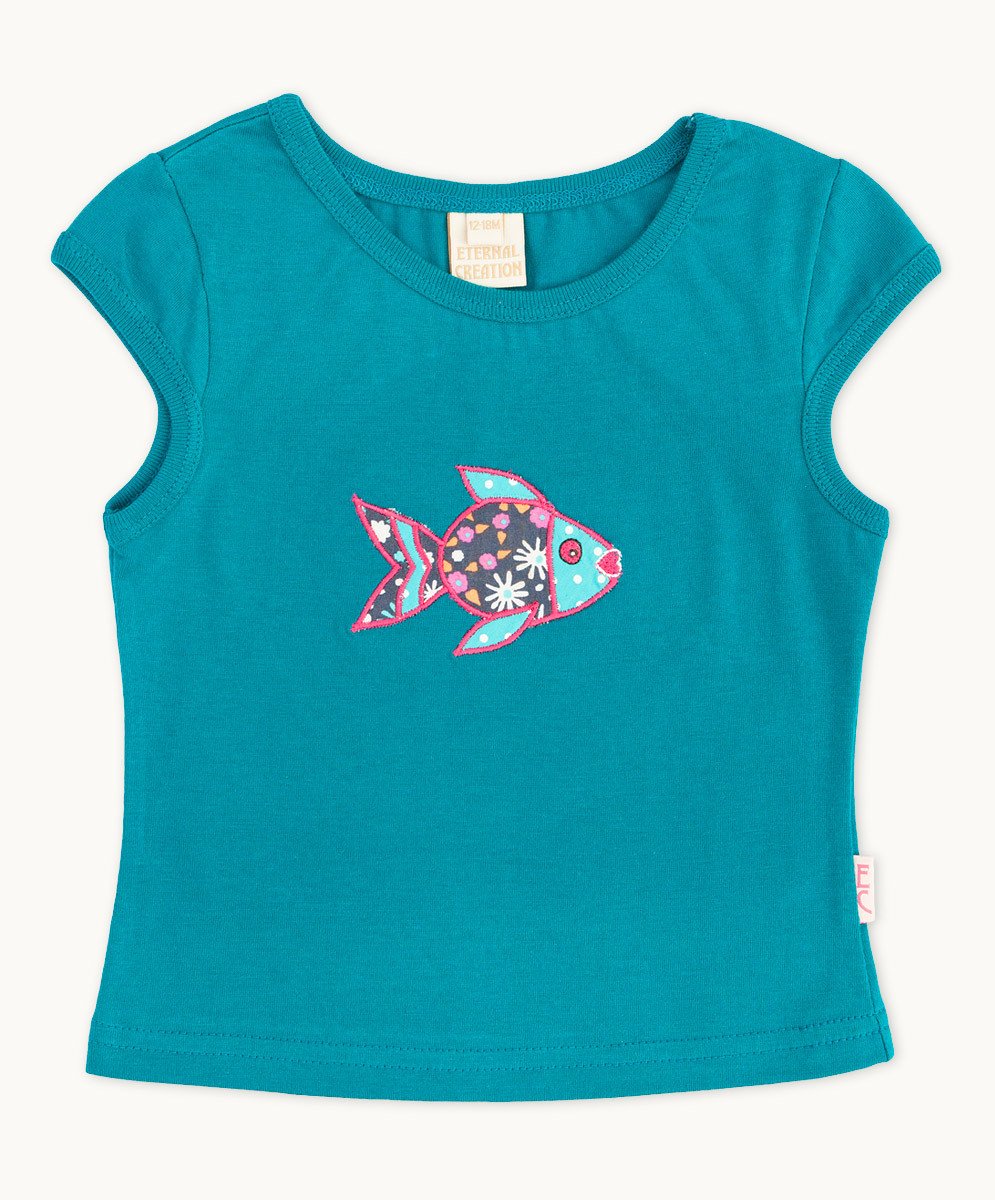
turquoise daisy fish tee, available in sizes 0 months-4 years
All of Eternal Creation Fair Trade‘s clothes are made at their facility in the foothills of the Indian Himalayas, a 17-year old facility producing clothes that are made in line with the company’s core values of fairness, sustainability and fun. They are fair trade certified under the Indian Fair Trade Association and are working towards becoming a zero waste production facility.
Penguin Organics
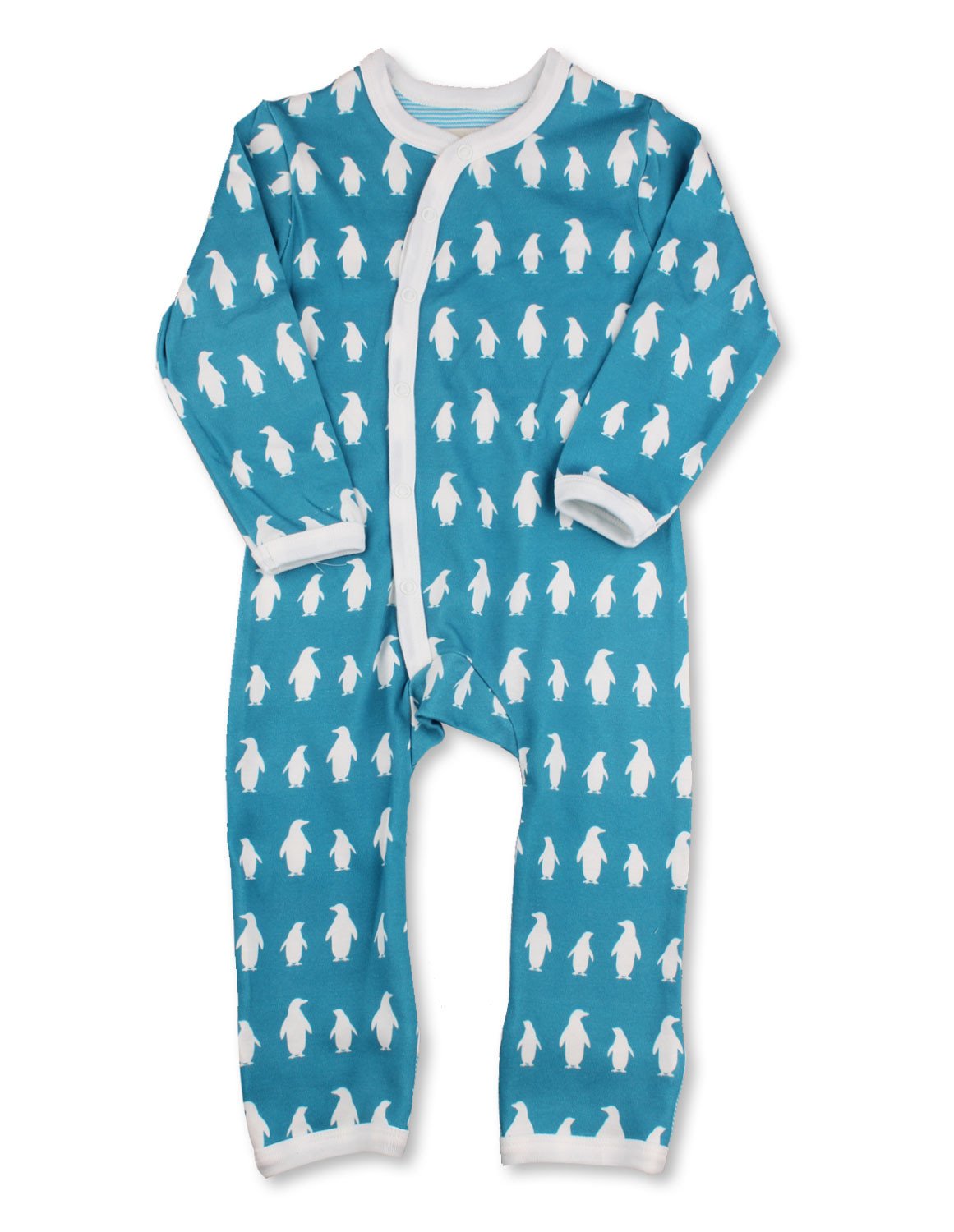
penguin kimono romper, available in sizes 0 months-18 months
Penguin Organics uses 100% organic cotton, and points out that non-organic cotton covers 2.5% of the world’s cultivated land yet uses 16% of the world’s insecticides, more than any other single major crop. In 2014, the world produced 28.5 million tons of cotton. Even though the use of synthetic materials is expected to grow, cotton is still projected to be the second most commonly used fiber in 2030. The company is GOTS certified.
Winter Water Factory
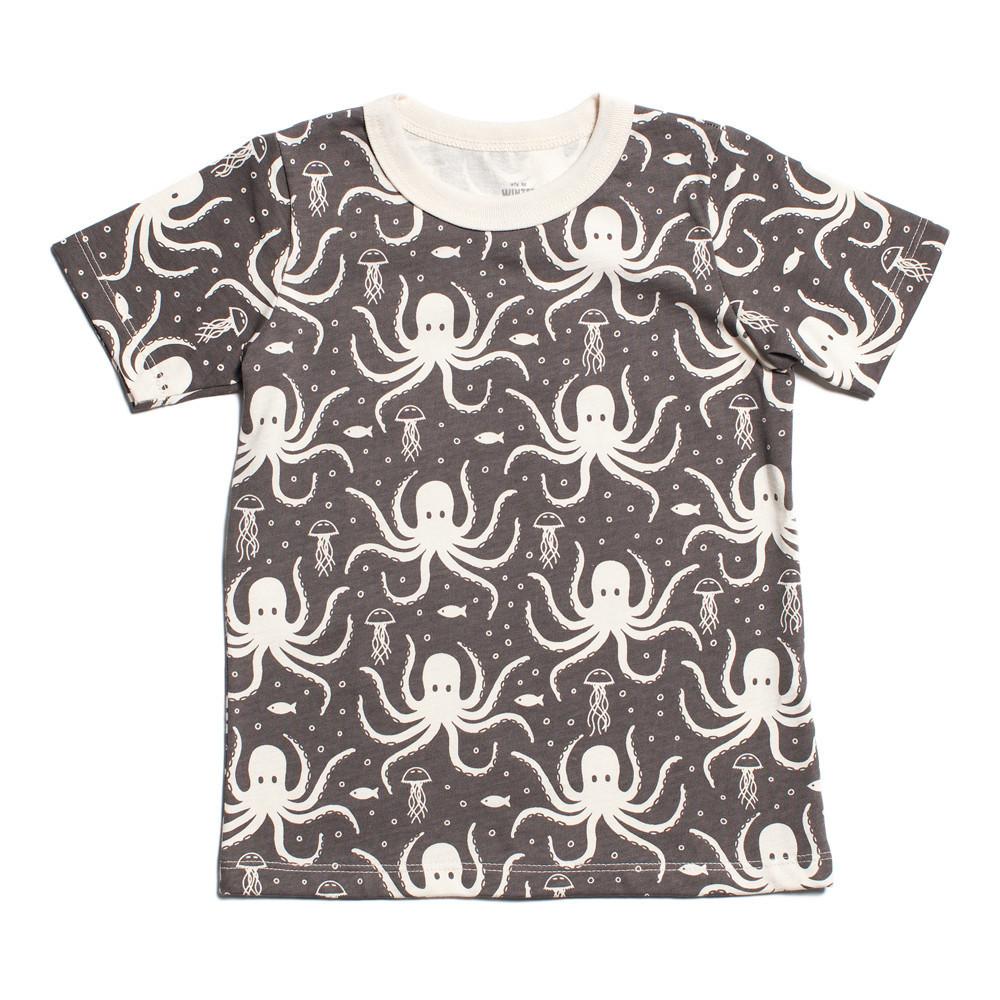
octopus tee, available in sizes 2T-6
Winter Water Factory uses 100% organic cotton, and is created in a small factory in Brooklyn, NY.
The company sees this as an important ecological and ethical decision, stating, “Producing our products within the United States keeps jobs and craftsmanship alive and helps to enforce ethical manufacturing. United States labor laws restrict unethical ‘sweatshop’ conditions and promotes responsible business practices such as paying workers a livable wage and providing safe and fair working conditions.
Reducing the ecological footprint of the entire consumer process is very important to us as well. Producing our products locally helps us reduce our shipping, packaging and waste output…
Organic cotton advocates safe and sustainable farming practices. To be labeled as ‘organic’, cotton must meet strict federal regulations. According to the Organic Trade Association, ‘Organic production systems replenish and maintain soil fertility, reduce the use of toxic and persistent pesticides and fertilizers, and build biologically diverse agriculture.’
Right now, organic cotton represents less than 0.1 percent of all the cotton produced worldwide. We’re proud to support this industry and our planet with our manufacturing choices.”








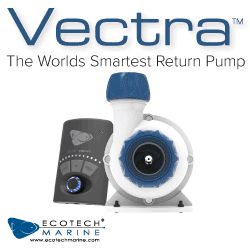
0 Comments